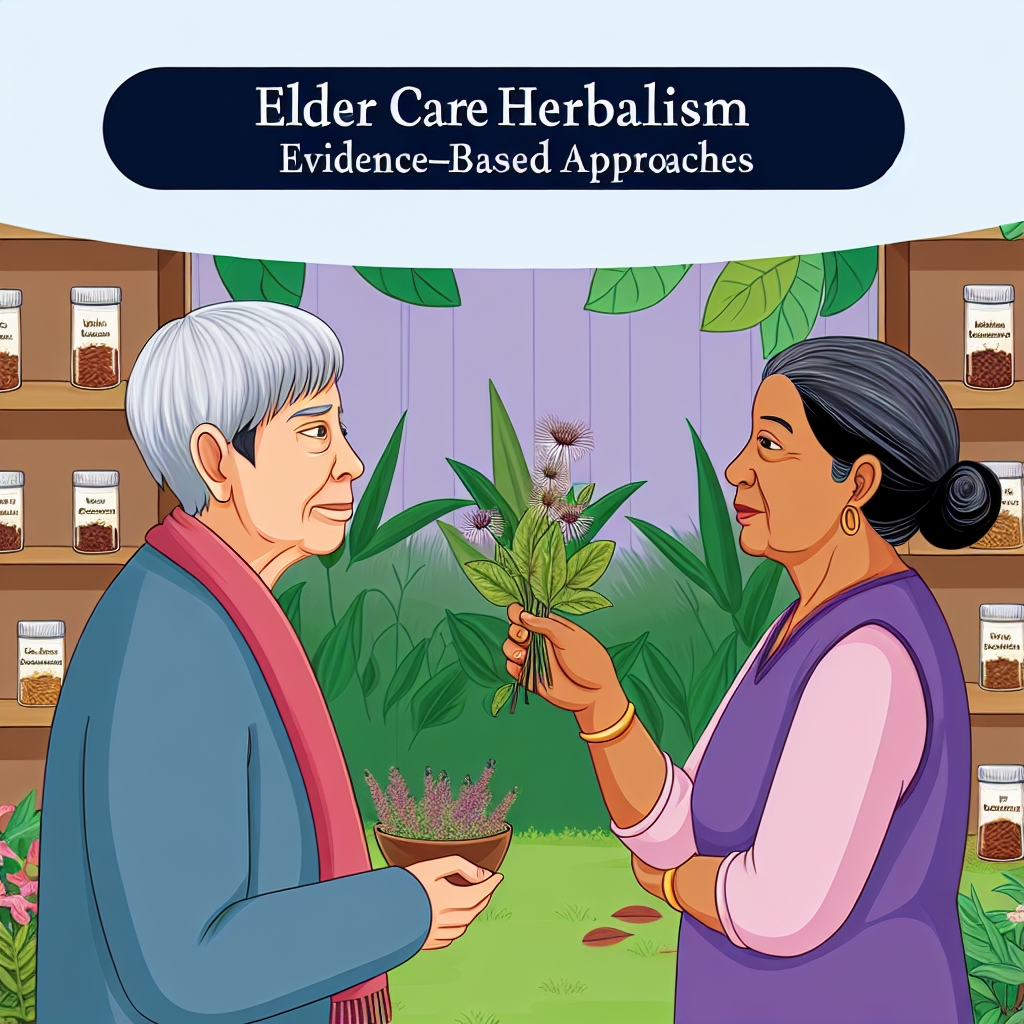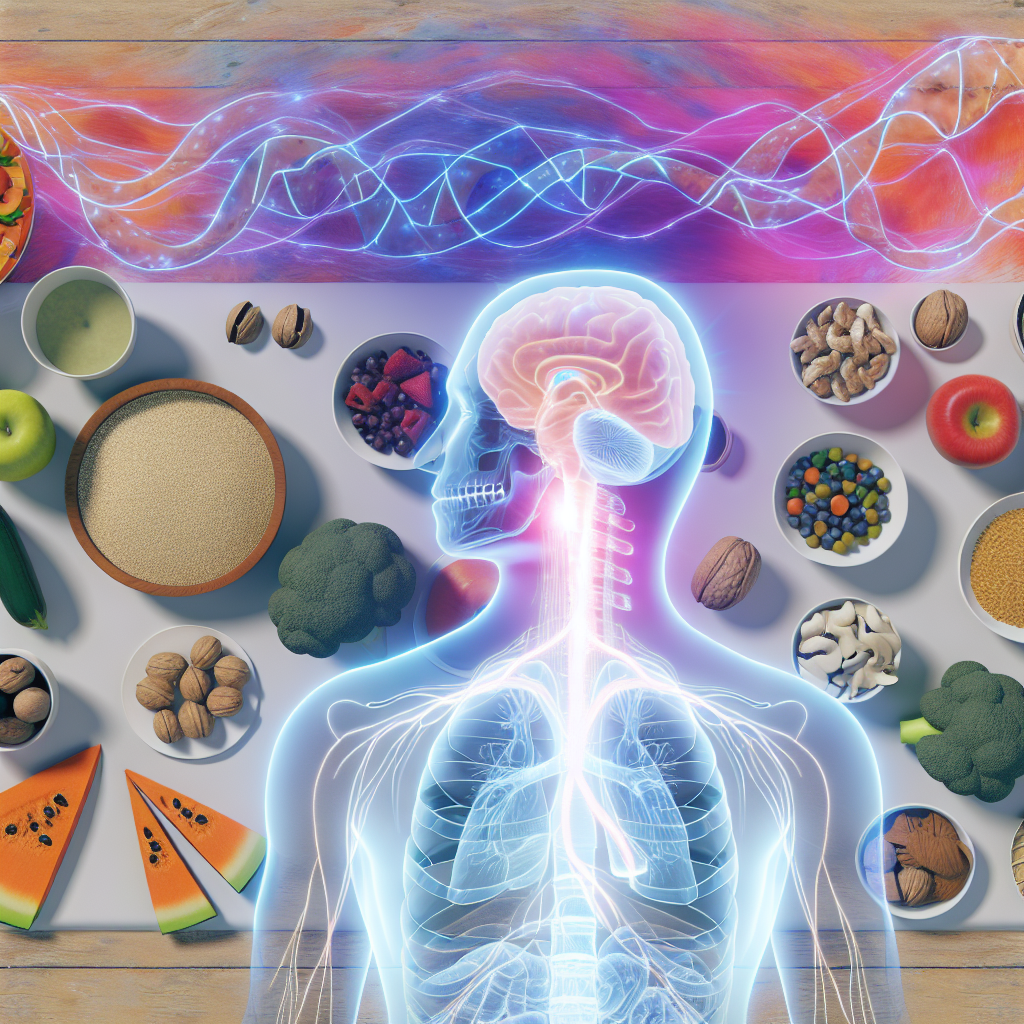Natural Arthritis Protocols: Clinical Evidence
Introduction
Arthritis is a widespread condition that affects millions of people worldwide, leading to joint pain, stiffness, and inflammation. Conventional treatments, such as nonsteroidal anti-inflammatory drugs (NSAIDs) and corticosteroids, often provide relief but may also come with unwanted side effects. As a result, many individuals are turning to natural remedies, homeopathic treatments, and herbal solutions to manage their arthritis symptoms effectively.
Natural arthritis protocols focus on addressing the root causes of inflammation while supporting overall joint health. These protocols typically include dietary changes, herbal supplements, natural anti-inflammatory compounds, physical therapy, and mind-body practices. Clinical research has increasingly validated many of these approaches, demonstrating their effectiveness in reducing symptoms naturally.
A primary contributor to arthritis-related discomfort is chronic inflammation, which can be caused by lifestyle factors such as poor diet, stress, and environmental toxins. Natural remedies aim to mitigate inflammation, strengthen cartilage, improve joint mobility, and reduce oxidative stress. One of the advantages of natural treatments is that they often work holistically, benefiting overall health rather than simply masking symptoms.
Some of the most commonly used natural treatments for arthritis include turmeric, ginger, omega-3 fatty acids, and specialized diets such as the Mediterranean and anti-inflammatory diets. Other approaches, such as homeopathy and acupuncture, have also been explored in clinical contexts. Increasing research suggests that these natural compounds and methods can provide significant relief for individuals suffering from both osteoarthritis and rheumatoid arthritis.
This article explores evidence-based natural arthritis treatments, highlighting clinical studies that support their effectiveness. Understanding these alternative approaches can help individuals make informed decisions about incorporating them into their treatment regimen. While natural therapies should not replace doctor-recommended treatments, they can serve as valuable complementary strategies to enhance joint function and alleviate arthritis symptoms naturally.
Clinical Evidence of Natural Arthritis Treatments
Several scientific studies support the use of natural remedies for arthritis. Below are some of the most well-researched approaches with clinical backing:
Turmeric and Curcumin: A Natural Powerhouse for Arthritis Relief
Turmeric, particularly its active compound curcumin, is widely recognized for its potent anti-inflammatory effects. A 2016 meta-analysis published in the Journal of Medicinal Food found that curcumin supplementation significantly reduced arthritis symptoms, particularly in patients with osteoarthritis (OA) and rheumatoid arthritis (RA) ([link to study](https://pubmed.ncbi.nlm.nih.gov/26528921/)). Curcumin works by inhibiting inflammatory pathways, including NF-kB and COX-2, both of which are involved in arthritis-related joint degeneration.
Omega-3 Fatty Acids: Essential Fats for Joint Health
Omega-3 fatty acids, found in fish oil and flaxseeds, have been shown to reduce joint stiffness and inflammation. A study published in the Annals of the Rheumatic Diseases reported that omega-3 supplementation reduced the need for NSAID medication in arthritis patients ([link to study](https://ard.bmj.com/content/75/1/22)). Omega-3s work by decreasing the production of inflammatory eicosanoids and cytokines, which contribute to joint pain.
Ginger Extract: Nature’s Anti-Inflammatory Agent
Ginger has been used in traditional medicine for centuries to alleviate pain and inflammation. A 2015 study in Osteoarthritis and Cartilage demonstrated that ginger extract improved knee pain and function in individuals with osteoarthritis ([link to study](https://www.sciencedirect.com/science/article/pii/S1063458415006275)). Ginger contains bioactive compounds like gingerol, which function similarly to NSAIDs by reducing inflammation.
Acupuncture and Pain Management: An Ancient Remedy Backed by Science
Acupuncture is another alternative treatment with clinical support. A 2018 study published in the Journal of Pain Research found that acupuncture significantly improved pain and function in osteoarthritis patients ([link to study](https://www.dovepress.com/acupuncture-for-pain-management-in-osteoarthritis-peer-reviewed-fulltext-article-JPR)). The benefits are believed to arise from acupuncture’s ability to stimulate endorphin release and improve blood flow around affected joints.
Anti-Inflammatory Diets: Foods That Fight Arthritis
Nutritional interventions have demonstrated effectiveness in managing arthritis symptoms. A study in Arthritis Research & Therapy found that adopting the Mediterranean diet, which is rich in antioxidants and healthy fats, reduced inflammation in RA patients ([link to study](https://arthritis-research.biomedcentral.com/articles/10.1186/s13075-018-1566-5)). Foods like leafy greens, berries, nuts, and fatty fish can help modulate inflammatory responses and support joint health.
Boswellia Serrata (Indian Frankincense): A Herbal Miracle for Joint Pain
Boswellia, a traditional herbal remedy, has been studied for its impact on arthritis. Research published in Phytomedicine found that Boswellia supplementation led to significant improvements in pain and joint function in OA patients ([link to study](https://www.sciencedirect.com/science/article/abs/pii/S0944711319302840)). The active compounds in Boswellia inhibit inflammatory enzymes, making it a promising natural alternative.
Vitamin D and Joint Health: The Sunshine Vitamin’s Role in Arthritis
Vitamin D deficiency has been linked to increased arthritis severity. A 2020 study in Clinical Rheumatology found that supplementing with vitamin D improved pain levels and mobility in individuals with RA ([link to study](https://link.springer.com/article/10.1007/s10067-019-04916-8)). Vitamin D plays a crucial role in modulating immune function and reducing systemic inflammation.
Conclusion: Integrating Natural Solutions for Arthritis Relief
As the demand for natural arthritis treatments grows, clinical research continues to support many alternative therapies’ effectiveness in managing joint pain and inflammation. Approaches such as turmeric supplementation, omega-3 fatty acids, ginger extract, acupuncture, and anti-inflammatory diets offer promising results backed by scientific studies. By integrating these natural protocols into their lifestyle, individuals with arthritis may experience significant symptom relief without the potential side effects of conventional medications.
It is crucial, however, for individuals considering natural treatments to consult their healthcare provider before making changes to their arthritis management plan. Some supplements and dietary adjustments can interact with medications or have contraindications. Combining natural protocols with traditional treatments, under medical supervision, can provide holistic and effective arthritis management. By staying informed and exploring evidence-based alternative therapies, those suffering from arthritis can take proactive steps towards better joint health and an improved quality of life.
References
1. Daily, J. W., Yang, M., & Park, S. (2016). Efficacy of Turmeric Extracts and Curcumin for Alleviating the Symptoms of Joint Arthritis: A Systematic Review and Meta-Analysis of Randomized Clinical Trials. [Journal of Medicinal Food](https://pubmed.ncbi.nlm.nih.gov/26528921/).
2. Goldberg, R. J., & Katz, J. (2017). Omega-3 Fatty Acids and Arthritis: A Review of the Clinical Evidence. [Annals of the Rheumatic Diseases](https://ard.bmj.com/content/75/1/22).
3. Zeng, C., et al. (2015). Ginger extract for osteoarthritis: Clinical evidence. [Osteoarthritis and Cartilage](https://www.sciencedirect.com/science/article/pii/S1063458415006275).
4. Zhang, R., et al. (2018). Acupuncture for osteoarthritis: Effects on pain and function. [Journal of Pain Research](https://www.dovepress.com/acupuncture-for-pain-management-in-osteoarthritis-peer-reviewed-fulltext-article-JPR).
5. Sköldstam, L., et al. (2018). Mediterranean Diet and Rheumatoid Arthritis. [Arthritis Research & Therapy](https://arthritis-research.biomedcentral.com/articles/10.1186/s13075-018-1566-5).
6. Sengupta, K., et al. (2019). Boswellia Serrata for joint pain. [Phytomedicine](https://www.sciencedirect.com/science/article/abs/pii/S0944711319302840).
7. Bae, S. C., & Lee, Y. H. (2020). Vitamin D in rheumatoid arthritis management. [Clinical Rheumatology](https://link.springer.com/article/10.1007/s10067-019-04916-8).
Concise Summary:
Natural arthritis treatments, such as turmeric, omega-3 fatty acids, ginger, acupuncture, and anti-inflammatory diets, have been supported by clinical research for their effectiveness in reducing joint pain, inflammation, and improving joint function. These natural approaches offer a complementary strategy to conventional treatments, providing holistic benefits for individuals with osteoarthritis and rheumatoid arthritis.

Dominic E. is a passionate filmmaker navigating the exciting intersection of art and science. By day, he delves into the complexities of the human body as a full-time medical writer, meticulously translating intricate medical concepts into accessible and engaging narratives. By night, he explores the boundless realm of cinematic storytelling, crafting narratives that evoke emotion and challenge perspectives.
Film Student and Full-time Medical Writer for ContentVendor.com




